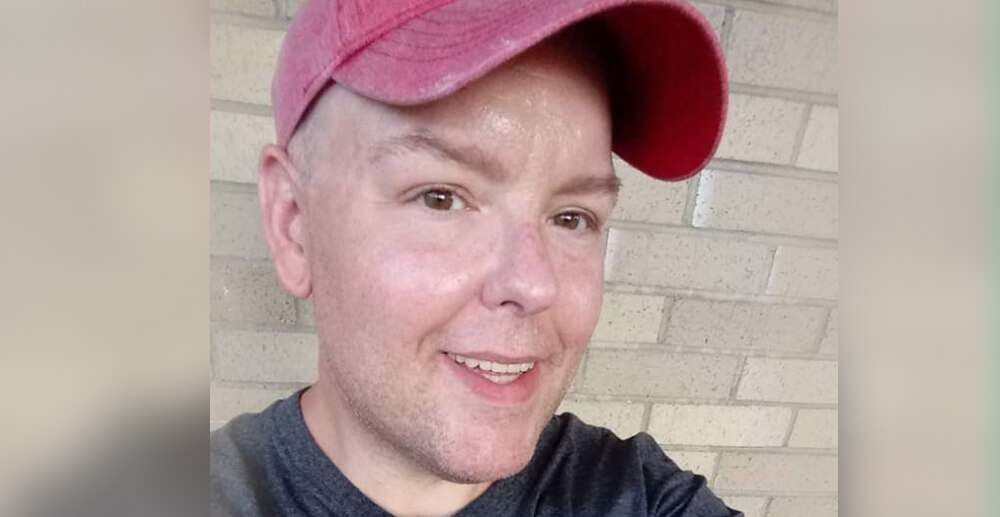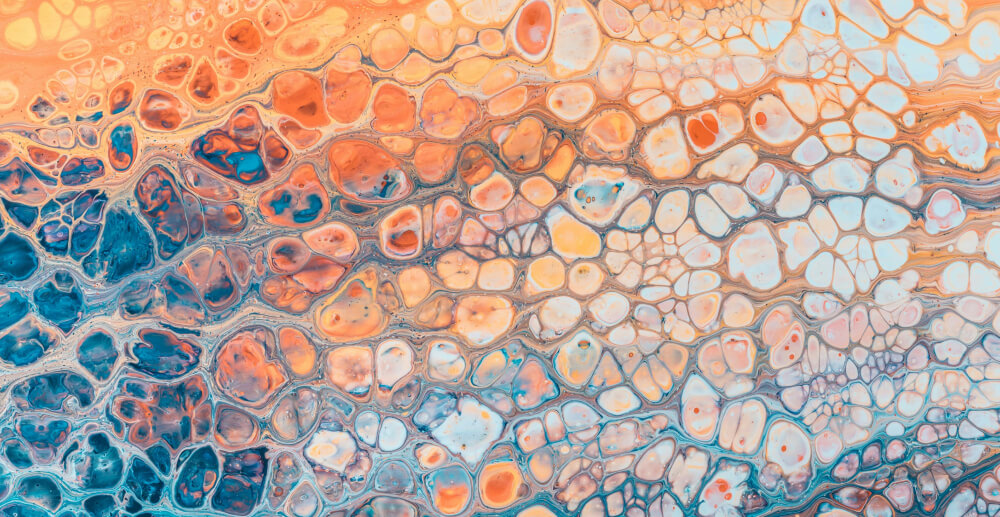Eating healthy foods might not be the first thing on your mind early recovery. But it can make all the difference.
Early recovery is one of the toughest undertakings in life. If you’re anything like me, you might be wondering if you’ll make it. My first month felt like I had lead weights strapped to my legs while I took a hike for 30 days straight. It was ruthless and grueling. Why on earth would you want to make it more difficult for yourself? I’m not suggesting you choose to make that harder, rather you may be unaware how some of your actions may be harming your recovery.
You can actually make the process of recovery easier by having a holistic approach. That means, looking after your physical well-being as well as your spiritual and mental.
Recovery wasn’t all gloom that first month; there were moments when I’d wake up and brace myself for the hangover migraine but it never came—that was exhilarating. There was also the absence of the suicidal ideation that had plagued me while I was consuming four bottles of wine and a handful of pills per day. But, on the whole, I found it the most challenging thing I’d ever undertaken in my life.
I was mentally, emotionally, and physically exhausted. I felt completely broken. And everything felt like an effort. My body was heavy, I wanted to sleep for days, I struggled to make it to evening meetings. I could barely keep up with recovery commitments; step work was exhausting—my brain couldn’t compute—and I would sit at fellowship coffees struggling to keep my eyes open. Exhausted and drained don’t seem like big enough words to describe how challenging that month (and the following year) was.
And now I know why.
My body was severely damaged by my using; my liver was enlarged and had scarring from my excessive use of alcohol; my brain chemistry was seriously depleted in vital feel-good hormones; I was 150 pounds overweight, breathless, and heavy; I had various skin conditions; and severe asthma.
Despite my weight, I was malnourished because I wasn’t eating well and addiction affects the body’s ability to absorb nutrients. It is no wonder why I was exhausted; my body was fighting to heal itself. That malnutrition caused weakness, insomnia, anxiety, depression, and lowered immunity. Is it any wonder I felt terrible?
Because of my altered brain chemistry and exhaustion, I craved high carbohydrate and highly palatable foods—like white bread, pastries, candy, cheese, cakes, chips, fries, burgers. All the unhealthy and highly processed foods that offer very little nutritional value and actually make you feel worse.
I craved those foods for two reasons. First, because I was seeking energy and nutrients to heal. Second, my brain was seeking ways to reward itself for the depleted dopamine—the body’s feel-good chemical that I found in drugs.
Had I known about the power of eating well in recovery—that it could speed up my healing and give me more energy—I would’ve jumped at the chance. I’ve lost count of the amount of times someone has told me that to incorporate eating well in early recovery is too much. I completely disagree. In fact, some research has shown that when provided with a nutrition program, people in recovery maintain sobriety for longer periods and recover more quickly.
The benefits of eating well include:
- Assisting the repair of damage to the body
- Increased energy
- Improved mood
- Improved immunity
- Reduced risk of relapse due to depression or fatigue
It makes no sense to only look after your mind in addiction recovery and leave out your body—because you’d be sober but feel terrible. Recovery needs to be holistic. There are small changes you can start to make to ensure you look after your body:
- Eat complex carbohydrates, like sweet potatoes, oats, brown rice, whole wheat bread. These provide sustainable energy without the spike and crash you get with simple carbohydrates—like white bread
- Reduce caffeine
- Keep hydrated, with a minimum 8 glasses of water a day (double if exercising)
- Reduce sugar intake and processed foods
- Eat more protein (chicken, meat, fish, tofu), and fiber (fruits and vegetables)
- Ensure you eat three regular meals a day with two snacks
- Exercise. Try short walks, swimming, yoga, gym classes. They will actually give you more energy. Exercise is crucial to creating more energy, relieving stress, and improving your mood.
I think what is intimidating about eating well is the perception that you need to be perfect at it and do it all at once. This isn’t true and that isn’t the way to make lasting change. I lost 60 pounds by starting eating one healthy meal a day and starting to walk. Over time, I incorporated further healthy meals and more exercise. It is now several years later, I eat well for most meals, and exercise every day. What’s more—which was my only motivation for making this change—is that I feel great most days. And on the days I feel unwell, I bounce back really quickly because I now take care of my body.




